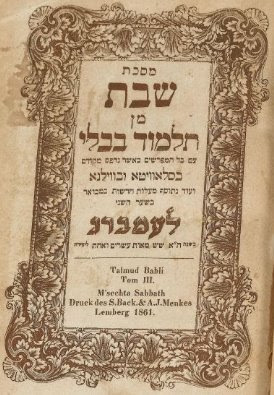A Conversation About Zionism & Anti-Zionism

A Simple Jew:
I have been told that the question of whether or not one can vote in Israeli elections should actually be a real halachic question, because by voting you are essentially saying that you know decisively that Hashem wants a secular Jewish government to run the holy land.
Chabakuk Elisha:
If a person finds someone to marry, it may not, in fact, be beshert, but rather a nisayon...
If a person finds a new house, it may not be what is best for him, but rather a nisayon...
Chabakuk Elisha:
Scientists find out and the media reports that the entire earth will be flooded under water in one week. Some people laugh, others commit suicide, others pray, others curse their god, others climb the tallest mountains regardless of the fact that it wont help. A Chossid continues to follow Torah and mitzvos and knows that he has a week to learn how to live under water.
Religious Zionists are saying unequivocally that the medina is Hashem's ratzon. I am saying that I simply don't know and it could be either...
The real question is: what is the practical difference in daily life and why?
Chabakuk Elisha:
There is a well known story about the chassidim of the Maggid of Mezritch: Many of the lesser talmidim would take care if the furnace in the shul and were generally around the Maggid's Beis Hamedresh. At night they would talk among themselves and on one occasion the discussion turned to what would they do if they were running the world. Among them there were different ideas that were proposed to make the world a better place. After a while, they asked the future Baal HaTanya, who happened to be in the room at the time, how he would have do it if he was running the universe, and his reply: Exactly the way it is.
We accept that G-d wants it this way and our job is to do our best under the circumstances. As Rabbi Meir Schiller likes to use the mashul of a football game - specifically the famous "Ice Bowl" game - where the game goes on no matter what, and come rain, snow or ice, we march on.
So, is it a nisayon or ratzon Hashem? Is there even a difference between the two? I have no way to know, but I can know that my job is to play the hand we're dealt in the most effective way.
So bottom line, what you are saying is keep doing what you are doing and keep your nose out of someone else's issue. If he chooses to spin his wheels for this or against that it should remain his business and not mine, correct?
I thought I was trying to determine what my position on this issue was. I have, however, come to the conclusion that this is not something I need to have an opinion on.
That said, my final opinion is that the Zionists and the anti-Zionists are spinning their wheels with something they don't know 100%.
Chabakuk Elisha:
Well said - except instead of "don't know" I would say "can't know."
And a case of overthinking, would be saying that it's halachically problematic to vote since that sort of affirms the existence of the state.






































